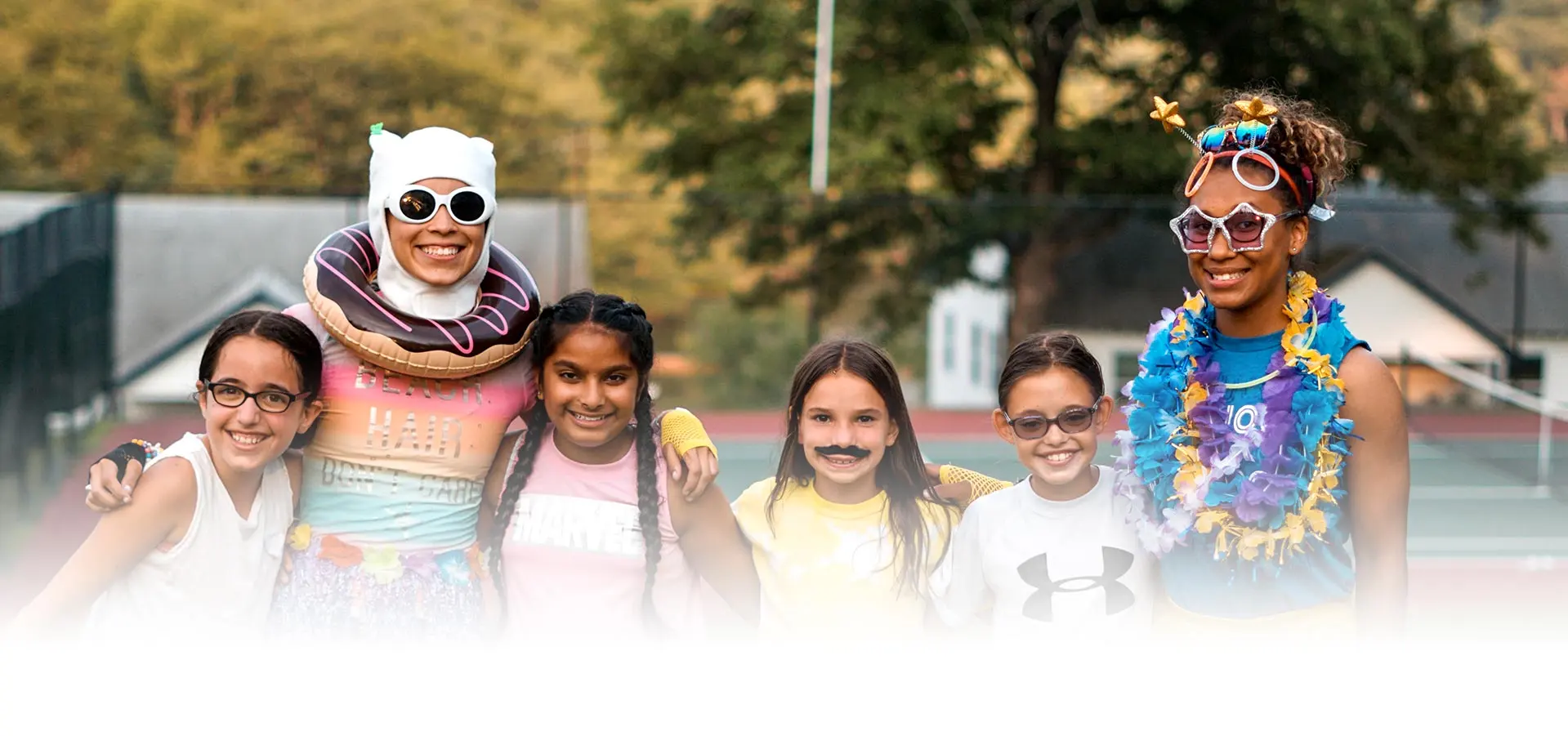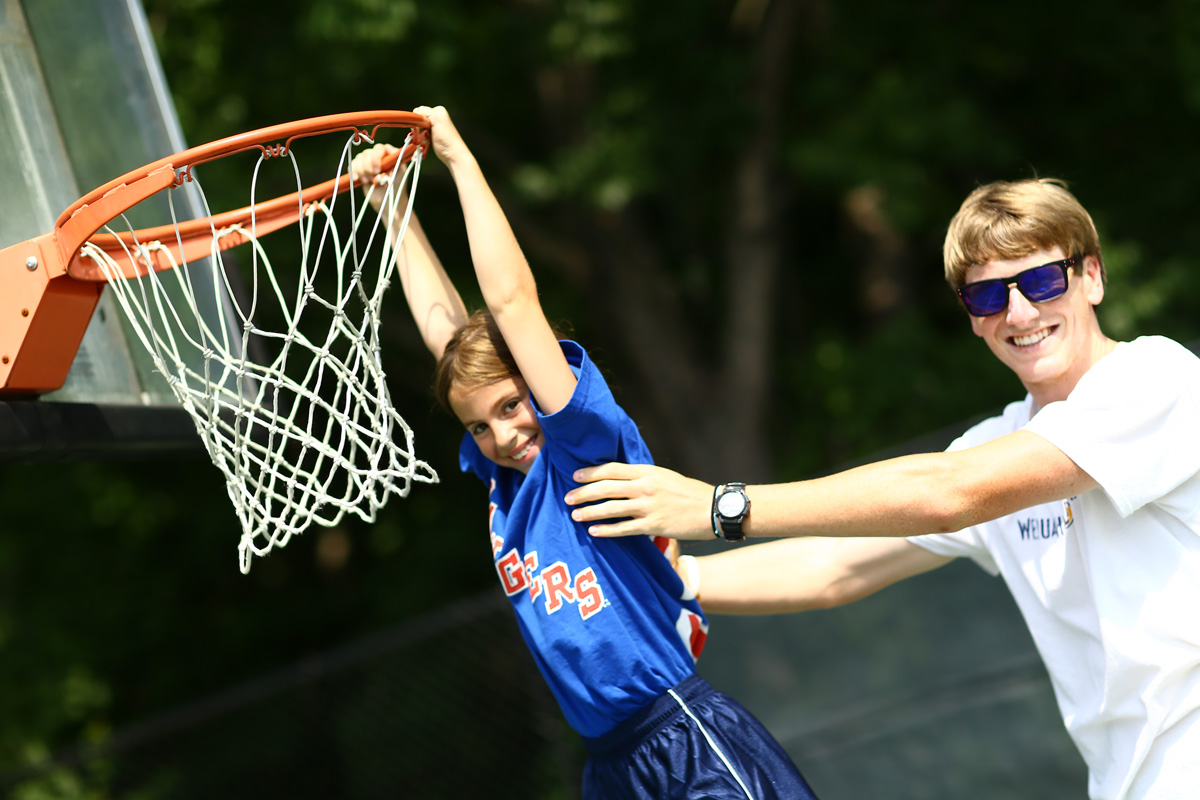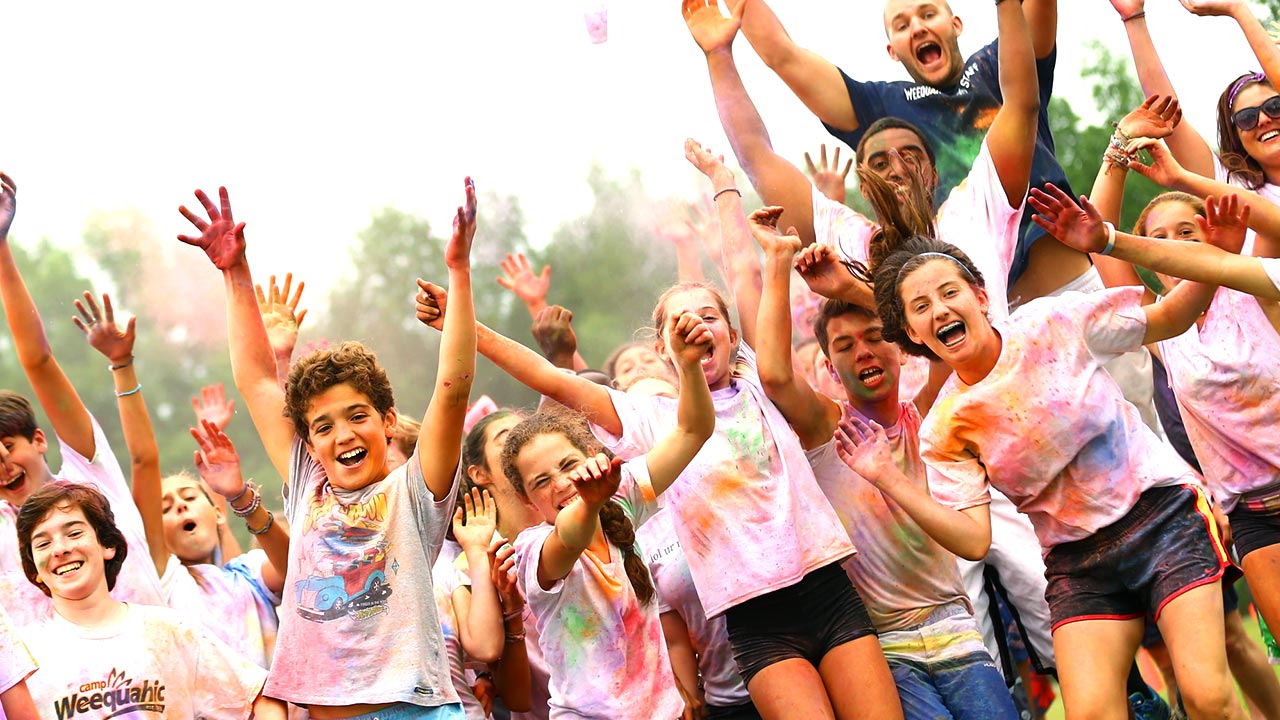Two recent articles written by highly respected researchers have me thinking summer camp may be just the form of ‘medicine’ our kids need.
Researcher and author Jonathan Haidt has pointed to social media being the most likely culprit in the worsening mental health of our young people, especially teen girls. There is a great deal of info that I won’t go into here but you can read through his research in After Babel.
Specifically, Haidt points to the ‘like’ feature on the different apps which came into being in and around 2012. Rather than being about connection, social media morphed into performance or acceptance.
In another attempt to explain the rising mental health crisis, researchers recently published an article in the Journal of Pediatrics pointing to the lack of independent play in our children’s lives which seems to lead to negative outcomes. While we parents mean well, sometimes the over-reach can actually be long-term detrimental to our children.
Perhaps Camp is the Answer
As with most things, there are most likely a large number of inputs which is leading to the worsening mental state of many of our children. But, having been a summer camp director and watching children play and form communities for the past 22 summers (holy cow….), the two possible culprits above seem to make a lot of sense. And, in my mind, camp seems more and more like a very good answer to these predicaments.
While I’m a big fan of Weequahic, I’m completely convinced that if Weequahic is not right for a family, I want them to head to another camp rather than not do it at all. (And, if you know a friend who is searching, might I suggest another camp in Wayne County?)
What other environment combines insane amounts of fun, near-peer role models and a laboratory for socio-emotional learning? Oh, and there is a WHOLE LOT of independent, unstructured play. And no cell phones or tech. And kids meeting other kids from literally all over the world.
Jump into that pool for a few weeks (or whole summer) and watch what happens. Kids consistently head home saying ‘I didn’t even miss my phone’ and ‘best summer ever’ and ‘what can’t school be more like camp.’ The positive impact to our campers’ mental health is enormous. In fact, the ACA has actually put the power of camp into a research study.
Going Forward
I’m not suggesting parents cancel their kids’ social media or let them play willy nilly in the streets. We don’t all the latter, either. However, the more like camp our kids’ lives can be at home, I bet the happier and more well-attuned they’ll be.
Can’t wait for camp,
Cole



